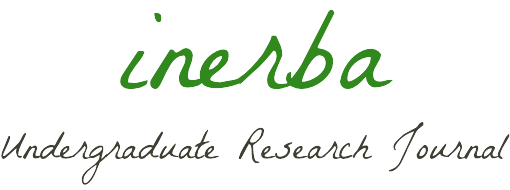Acknowledging the significant role of scientific innovations in shaping the early twentieth-century European cultural landscape, this study investigates the literature-science dialectic, with a particular emphasis on the impact Einstein’s theory of relativity had on Mann’s novel Der Zauberberg. While Mann may not have fully embraced Einstein’s ideas, they undeniably influenced the novel’s exploration of time, which emerges as a central theme, in a dynamic interplay of historical and pure time. However, differently from the German physicist, who seeks to describe natural laws through objective facts, the conceptual experiment shaped by Mann unveils the subjectivity of space and time experience.…
Tag: German literature
Ascesa e caduta di un eroe: Bellerophontes di Marie Luise Kaschnitz
This work presents an analysis of the short story Bellerophontes, from the collection Griechische Mythen by German writer Marie Luise Kaschnitz (1901-1974). The main character of the tale is the Corinthian hero Bellerophon, best known for slaying the Chimera. I compare Kaschnitz’s rewriting of the myth with ancient literary sources, specifically the Iliad (VI, 119-236), Apollodorus’s The Library (II, 3.1), and Pindar’s Olympic XIII (47-92) and Isthmian VII (43-48). The goal is to ascertain how this modern version of the story follows classical tradition on the one hand, and how it partly departs from it on the other. In Kaschnitz’s Bellerophontes the myth takes on typically modern traits, thus coming closer to the sensibility of the contemporary reader. The translation adopted here − the first Italian translation of Bellerophontes − was originally presented in my Bachelor’s Thesis.…
